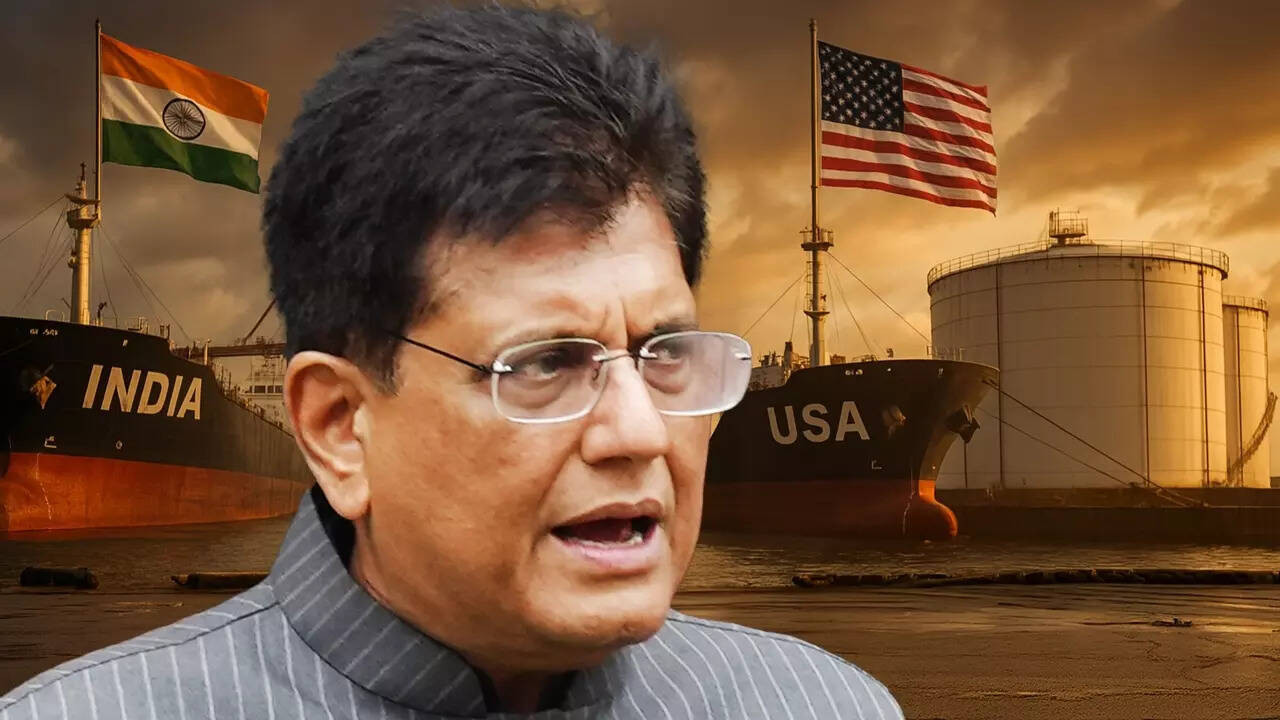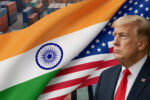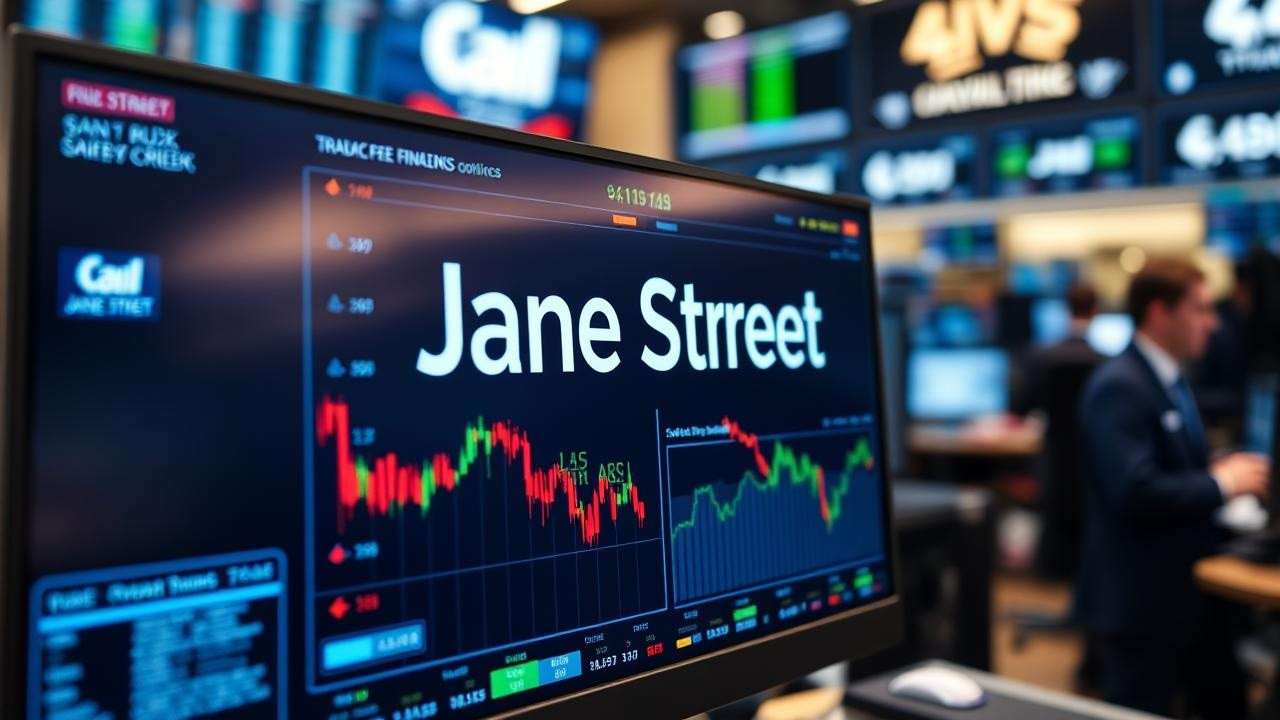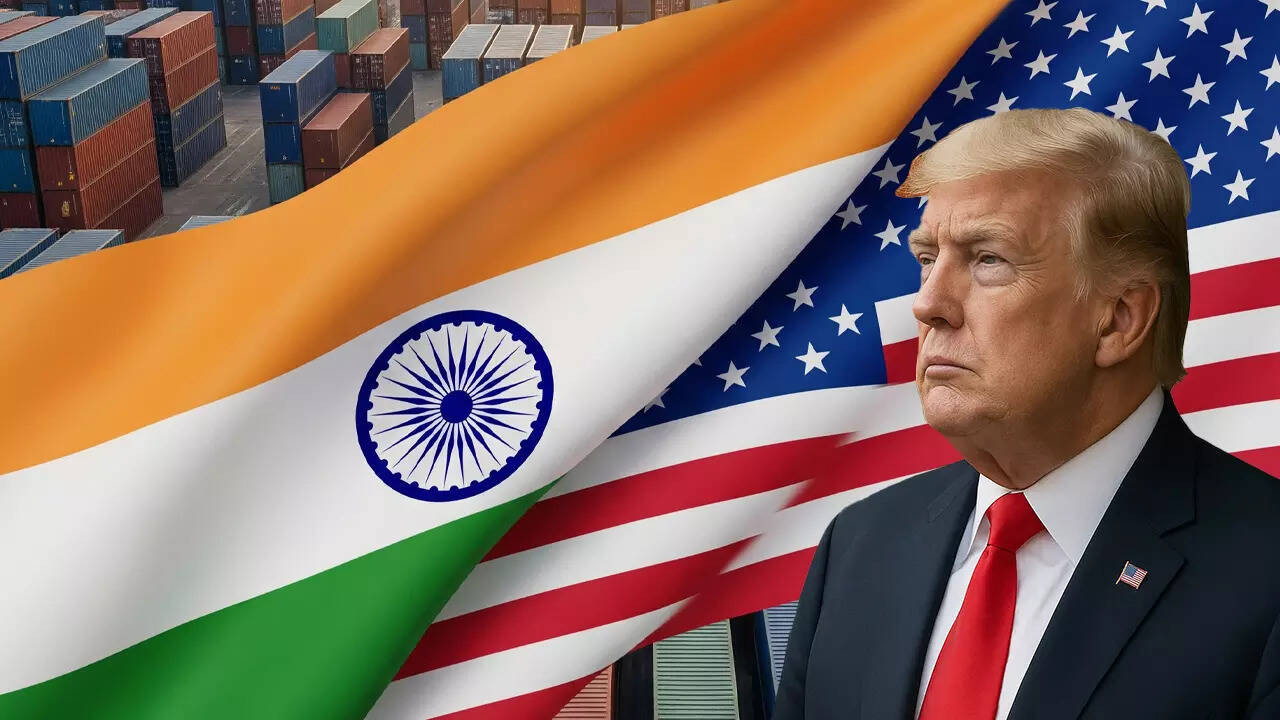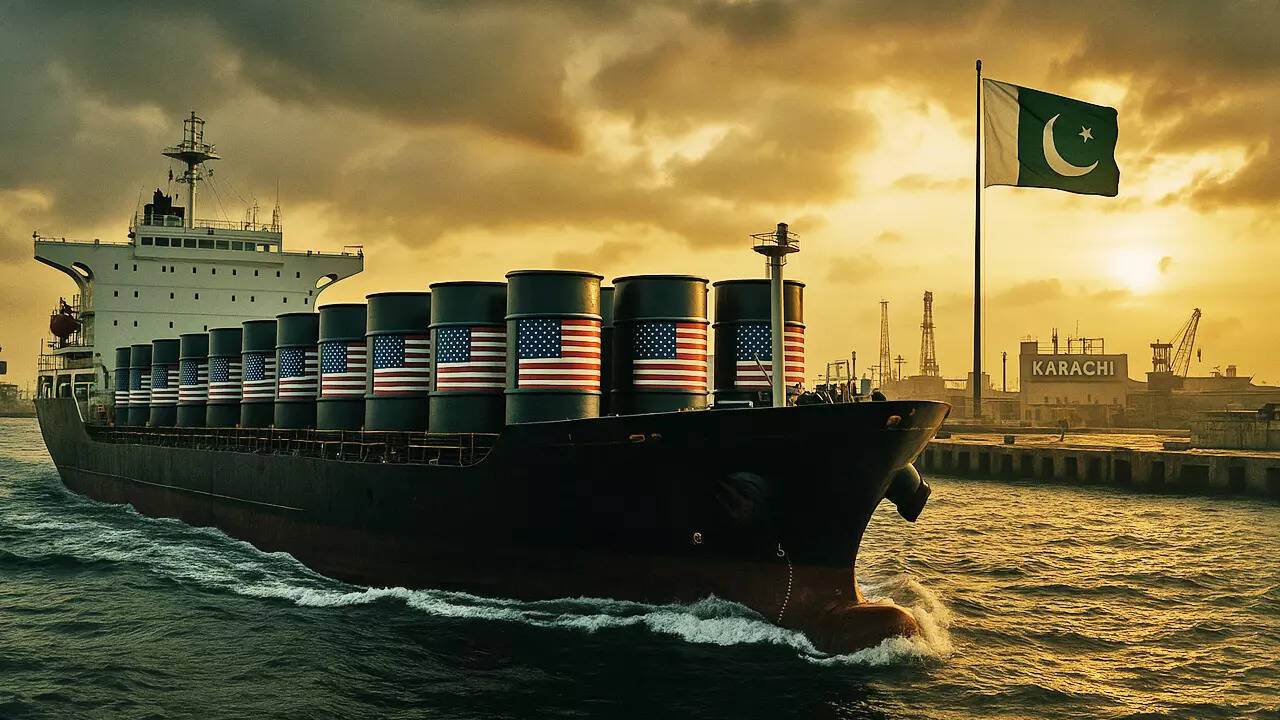Commerce Minister Piyush Goyal affirmed India’s commitment to protecting its national interests in trade negotiations, following the US announcement of 25% tariffs. Goyal highlighted India’s rapid economic growth, countering Trump’s criticism by emphasizing its position as the world’s fastest-growing major economy.
India’s Economic Ascent: Setting the Record Straight
Donald Trump’s recent remarks painting India as a “dead economy” ignited a flurry of responses, but India’s Minister of Commerce and Industry, Piyush Goyal, offered a robust rebuttal, underscoring the nation’s impressive economic trajectory and unwavering commitment to its national interests. The narrative of a stagnant India simply doesn’t align with the facts on the ground. Let’s delve into why.
Defying the Doubters: India’s Economic Growth
India’s economic performance speaks volumes. We’re not talking about minor upticks; India is on a path to becoming the world’s third-largest economy, surpassing economic giants like Japan and Germany. This isn’t just wishful thinking, but a projection supported by various economic indicators and forecasts from reputable global institutions. The nation’s resilience, particularly in the face of global economic headwinds, is a testament to its robust economic policies and dynamic entrepreneurial spirit. The engine of India’s growth is firing on all cylinders, fueled by a combination of factors.
A Focus on National Interest: The Driving Force
Goyal emphasized a crucial point: India prioritizes its national interests. This means making strategic decisions about trade, investment, and development that directly benefit the Indian people. It’s about building a self-reliant and prosperous nation, capable of competing on the global stage while safeguarding its own economic sovereignty. This commitment to national interest doesn’t equate to isolationism. Instead, it reflects a calculated approach to international engagement, ensuring that partnerships are mutually beneficial and contribute to India’s long-term goals.
Beyond GDP: A Holistic View of Progress
While GDP growth is a significant metric, it doesn’t paint the whole picture. India’s progress is also evident in other areas, such as infrastructure development, digital transformation, and social inclusion. The nation is investing heavily in modernizing its infrastructure, from building new highways and airports to expanding access to electricity and clean water. The digital revolution is empowering citizens, connecting communities, and creating new economic opportunities. And, importantly, there’s a growing focus on ensuring that the benefits of economic growth are shared more equitably across all segments of society.

The Rise of Manufacturing and Innovation
A key pillar of India’s economic strategy is boosting domestic manufacturing and fostering innovation. Initiatives like “Make in India” are designed to attract foreign investment, create jobs, and transform India into a global manufacturing hub. At the same time, the nation is investing in research and development, nurturing a vibrant ecosystem of startups and entrepreneurs. This dual focus on manufacturing and innovation is creating a more diversified and resilient economy, less dependent on any single sector. We can see this manifest itself from the expansion of homegrown smartphone manufacturing to the growth of India’s software as a service market.
Addressing Challenges and Embracing Opportunities
Of course, India faces its share of challenges. Poverty, inequality, and environmental degradation remain significant concerns. However, the government is actively addressing these issues through targeted policies and programs. Moreover, India is seizing the opportunities presented by the changing global landscape. The nation is becoming a key player in the renewable energy sector, leveraging its vast solar and wind resources to create a cleaner and more sustainable energy future. Learn more about India’s role in global trade agreements.
A Resilient and Forward-Looking Economy
India’s economic story is one of resilience, innovation, and a steadfast commitment to national interests. While criticisms and skepticism may arise, the evidence points to a nation on the rise, poised to play an increasingly prominent role in the global economy. The journey is far from over, but the direction is clear: India is building a stronger, more prosperous future for its people. The sheer scale of the Indian market, coupled with its growing middle class and skilled workforce, make it an undeniably attractive destination for investment and a powerful engine of global growth.
In conclusion, while opinions may differ, the trajectory of India’s economic progress is unmistakable. With a focus on sustainable development, technological advancement, and inclusive growth, India is not just aiming to be the third-largest economy, but also a model for responsible and equitable economic development on the global stage.
